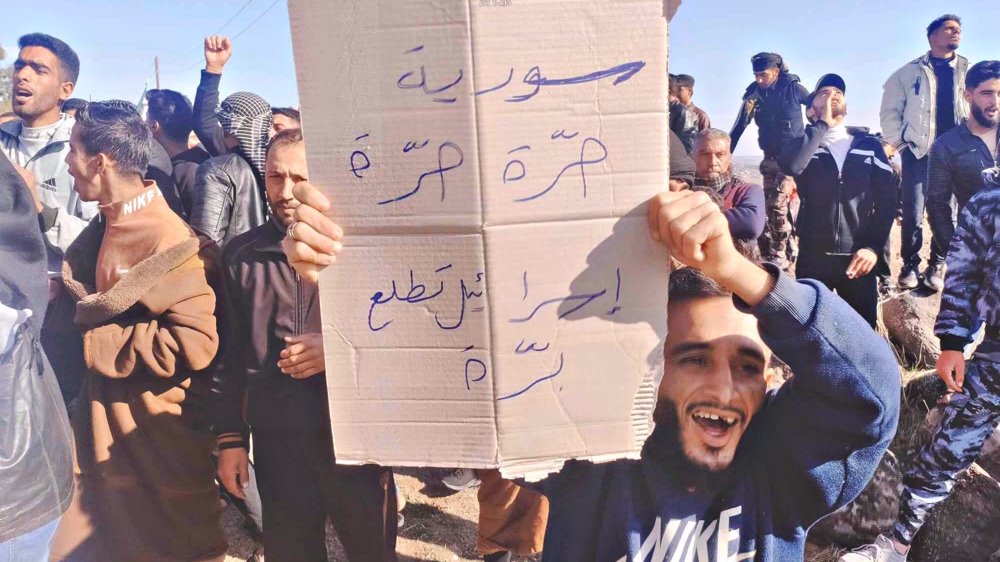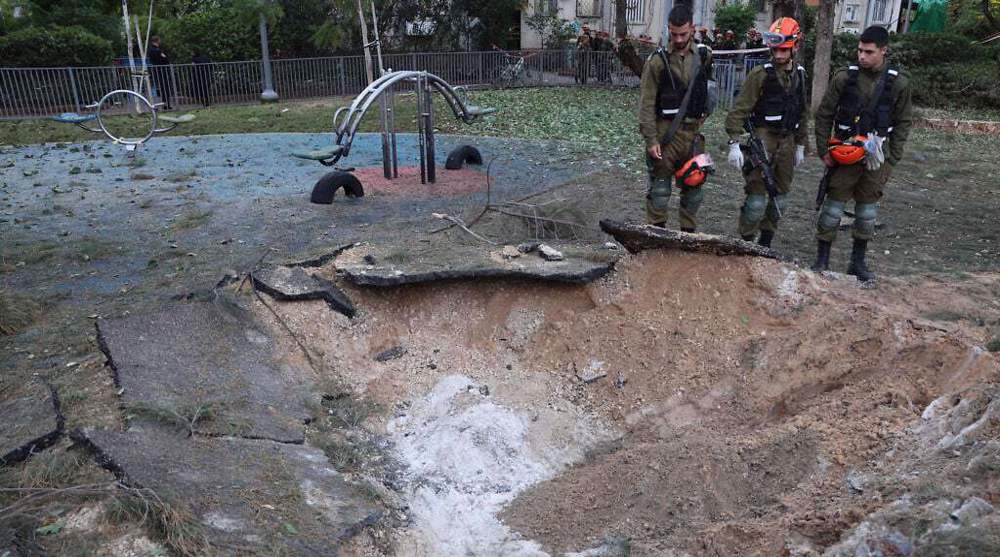Israel approves controversial cable car project in Jerusalem al-Quds
The Israeli regime has approved plans to install a controversial cable car in the Old City of the occupied East Jerusalem al-Quds in defiance of calls by the international community to cease all settlement activities and other projects there.
The Israeli Tourism Ministry said in a statement on Sunday that the cabinet had approved the first phase of the plan, which is expected to cost some 200 million shekels (about $56 million).
The plan will see a former railway station in western Jerusalem al-Quds linked by cable car to the Old City.
It will stop at the Dung Gate entrance to the Old City near the so-called Western Wall. Current estimates say the cable car will begin operating in 2021.
In a war in 1967, Israel captured the West Bank and East Jerusalem al-Quds, where the al-Aqsa Mosque compound is located. Since then, Tel Aviv has continued to expand its illegal settlements and other projects in the area.
The Tel Aviv regime has tried to change the demographic makeup of Jerusalem al-Quds over the past decades by constructing settlements, destroying historical sites, and expelling the local Palestinian population.
Israeli projects in East Jerusalem al-Quds and the occupied West Bank have drawn harsh criticism from Palestinians and many in the international community.
The cable car project has been discussed for several years.
In 2015, France-based utility giant, Suez Environnement, said that because of political sensitivities, it had decided not to take part in the project.
Another example of such controversy occurred last week, when European diplomats declined to attend a tour of new Israeli rail tunnels, because part of the line crosses the West Bank.
Several European countries have been troubled for months by Israel's new settlement plans across the occupied Palestinian territories.
In early May, the United Nations Educational, Scientific and Cultural Organization (UNESCO) approved a resolution that described Israel as an “occupying power” and rejected its sovereignty claims over all of Jerusalem al-Quds.
The resolution also described as null and void any decision by the Israeli parliament, its supreme court, or any other Israeli authority that would pertain to Jerusalem al-Quds.
The measure also slammed Israel’s excavations in East Jerusalem al-Quds and the Old City.

Last year, UNESCO approved a motion that endorsed the right of Palestinians to the al-Aqsa Mosque compound and slammed Israeli provocations around the holy site.
In December 2016, the UN Security Council adopted a historic resolution that condemned Israeli settlement activities as a “flagrant violation of international law.”
About 600,000 Israelis live in over 230 illegal settlements built since the 1967 Israeli occupation of the Palestinian territories of the West Bank and East Jerusalem al-Quds.
Since the January inauguration of US President Donald Trump, who is a staunch supporter of Israel, the Tel Aviv regime has stepped up its construction of settler units on occupied Palestinian land in a blatant violation of international law.
VIDEO | Press TV's news headlines
VIDEO | Iran honors top Science Olympiad medalists
VIDEO | Austrians arrested at Gaza protest in Vienna
10 killed in bus crash in western Iran
VIDEO | One-man-band journalism with Civili
5 Israeli forces killed as Palestinian fighters face up to regime’s war machine
VIDEO | An insider's view of the country: Persian Tahini, Royan in Mazandaran
VIDEO | Israeli settler killed during strike against Tel Aviv; fresh aggression targets Yemen’s capital










 This makes it easy to access the Press TV website
This makes it easy to access the Press TV website